FARO, PORTUGAL
With the world’s fisheries and oceans at a potential tipping point – it’s time for some real accountability to be brought to the murky world of fisheries governance. This is the time and place to start.
So said Accountability.Fish (accountability-DOT-fish) founder Ryan Orgera at the meeting taking place here of ICCAT, the International Commission for the Conservation of Atlantic Tunas, one of the world’s most powerful international bodies for the management of fisheries and marine resources, covering the international waters between member states.
ICCAT is one of 17 intergovernmental bodies called RFMOs, regional fisheries management organizations. RFMOs, while independent of each other, share common issues, such as a general lack of public knowledge about their levels of power, the high degrees to which they are influenced by industrial fishing companies, and the considerable difficulties that citizen and conservation groups have in interacting with them.
Orgera said “RFMOs didn’t start out as a problem. They started out as a way to address a problem – how to take care of critical fisheries in international waters.
“But like many international bodies, RFMOs lack teeth and are famously bad at holding their members accountable for sticking to the decisions they do adopt. The rationale for their existence is to ensure conditions conducive to the long-term success of the fish and the fisheries they manage. However, all too often, they choose short term gain for certain special interests over long-term sustainability for all. Their consensus-based decision-making process is also a recipe for backroom deals being hatched well outside of the actual meetings themselves.“
Orgera, a US-based fisheries policy expert and advocate who has worked extensively with RFMOs, is leading a new global movement that seeks to unite citizens with fishing market interests, like retailers and cannery labor unions, to promote equal access for all affected stakeholders to RFMO decision-making processes.
“For too long the lopsided power that member states give their fishing industries has left consumers, workers and retailers out of this process and on the sidelines. The end result is a broken system with zero accountability and lousy outcomes for people and planet.”
“This might not be the biggest problem the planet faces – but it’s big enough and it’s solvable. Together, we can be the solution.”
To join the movement and learn more about its aims and activities, visit www.accountability.fish



